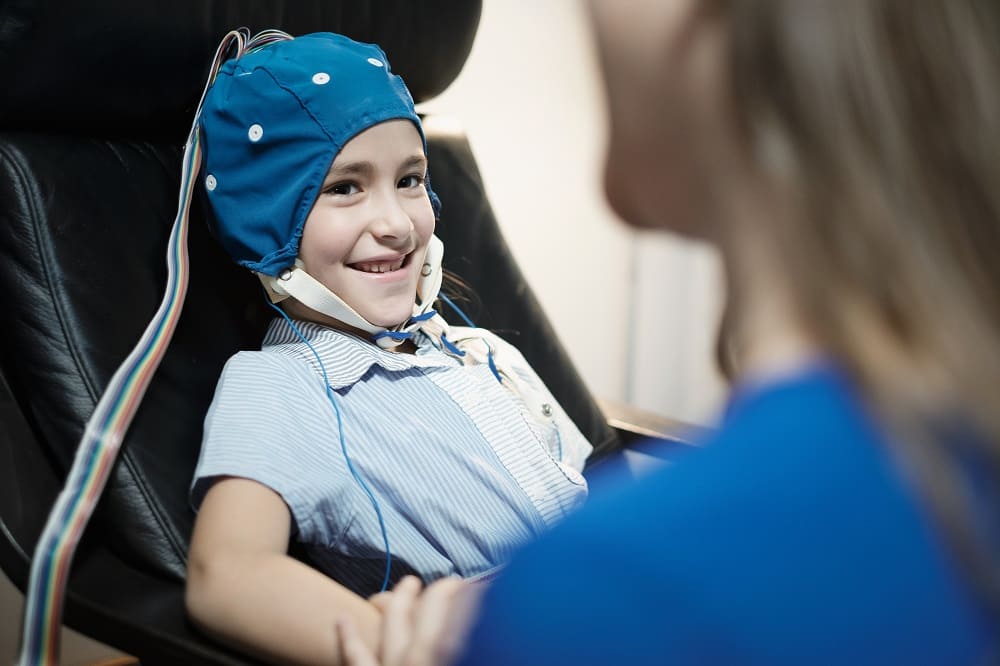Stress Awareness and Biofeedback
Stress has become an almost normal experience for many people. There are many sources including the pressures of work, personal life, or just the overwhelming pace of modern society. Stress can take a serious toll on both our physical and mental health. The good news is that there are strategies available to help us manage stress effectively, and one of the most interesting and scientifically proven methods is biofeedback. Here we will talk about stress awareness, its impact, and how biofeedback can be used as a tool to reduce stress and improve overall well-being.
What is Stress?
Stress is the body’s natural response to external pressures or demands, often referred to as “stressors.” These stressors can range from a tight deadline at work to personal challenges, financial issues, or even societal pressure. While some stress can be motivating and help us rise to challenges, chronic or excessive stress can have detrimental effects on our health.
When we experience stress, our body enters the “fight or flight” mode, releasing hormones like adrenaline and cortisol. This response is designed to help us react quickly to danger. However, in modern life, stressors often do not require a “fight or flight” response, and prolonged activation of this system can lead to a variety of physical and mental health issues such as:
- Anxiety and depression
- Sleep disturbances
- High blood pressure
- Weakened immune system
- Chronic pain
Given the significant impact stress can have, it’s important to be aware of its effects on our body and mind and take proactive steps to manage it.
The Importance of Stress Awareness
Being aware of stress is the first step in managing it. Stress awareness involves recognizing the signs and symptoms of stress before they become overwhelming. It requires a level of mindfulness to notice when your stress levels are rising and then taking action to reduce those levels before they have serious consequences.
Some common signs of stress include:
- Physical symptoms: headaches, muscle tension, stomach problems
- Emotional symptoms: irritability, anxiety, mood swings
- Behavioral symptoms: changes in eating or sleeping habits, social withdrawal
- Cognitive symptoms: difficulty concentrating, racing thoughts, forgetfulness
The more aware you become of these signs, the better equipped you’ll be to respond appropriately, whether by taking a break, practicing relaxation techniques, or seeking professional help.
What is Biofeedback?
One of the most powerful tools for stress management is biofeedback, a technique that helps individuals gain awareness of their physiological functions and learn how to control them. Through biofeedback, people can monitor bodily functions like heart rate, muscle tension, and skin temperature in real-time, and learn how to regulate them to reduce stress and promote relaxation.
In biofeedback therapy, individuals use specialized sensors attached to their bodies to get feedback on specific physiological responses. This information is displayed on a screen or heard as sounds that provide immediate insight into the body’s state. By observing how their bodies respond to different thoughts, emotions, and actions, individuals can learn to consciously control these processes and reduce stress.
How Biofeedback Helps in Stress Management
The primary goal of biofeedback is to empower individuals to take control of their bodies’ stress responses. Here are some key ways biofeedback can help:
- Reducing Muscle Tension: Many people carry stress in their muscles, leading to tension and pain. Through biofeedback, individuals can monitor muscle tension and learn relaxation techniques to release that tension.
- Lowering Heart Rate: Elevated heart rate is a common physical reaction to stress. By practicing deep breathing and relaxation exercises during biofeedback sessions, individuals can lower their heart rate, which signals to the brain that the body is safe and relaxed.
- Regulating Breathing: Biofeedback can help individuals learn how to breathe more deeply and slowly, a practice that can activate the parasympathetic nervous system (the “rest and digest” system) to calm the body.
- Improving Sleep: Chronic stress can lead to sleep disturbances, and biofeedback can be used to improve sleep quality by teaching techniques that calm the nervous system before bedtime.
- Building Self-awareness: By learning to monitor and control their physiological responses, individuals become more aware of how stress affects their bodies. This awareness allows them to take action earlier in stressful situations, preventing the negative effects of stress from building up.
Integrating Biofeedback into Your Stress Management Routine
If you’re considering using biofeedback as part of your stress management routine, here are a few options to explore:
- Biofeedback Therapy Sessions: You can find trained biofeedback professionals who can guide you through the process. These sessions may involve using specialized equipment to monitor your bodily functions and receive real-time feedback. (Search the bcia.org provider directory).
- Biofeedback Devices and Apps: There are also consumer-grade devices and mobile apps available that allow you to practice biofeedback at home. These often track heart rate, breathing patterns, and other metrics to help you regulate your stress. (https://biofeedbackinternational.com/stand-alone-instruments/ )
- Combination with Other Relaxation Techniques: Biofeedback is often most effective when combined with other stress-reduction strategies such as mindfulness, meditation, yoga, or cognitive-behavioral therapy (CBT). Integrating these practices will help create a holistic approach to stress management.
Stress is an inevitable part of life, but it doesn’t have to take control of your well-being. By becoming more aware of stress and its effects, and by using powerful tools like biofeedback, you can regain control over your body and mind. Biofeedback allows you to understand your physiological responses to stress and learn how to regulate them, leading to a calmer, more balanced life.
As we continue to navigate the challenges of modern life, taking proactive steps like stress awareness and biofeedback can be life-changing tools for mental and physical health.





